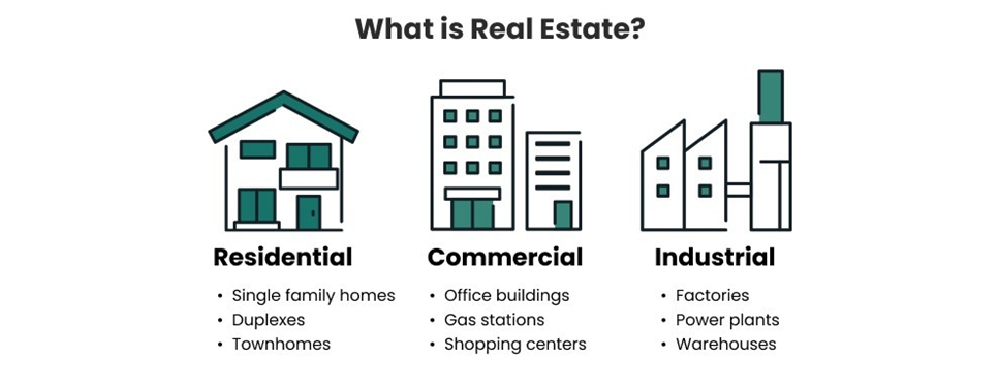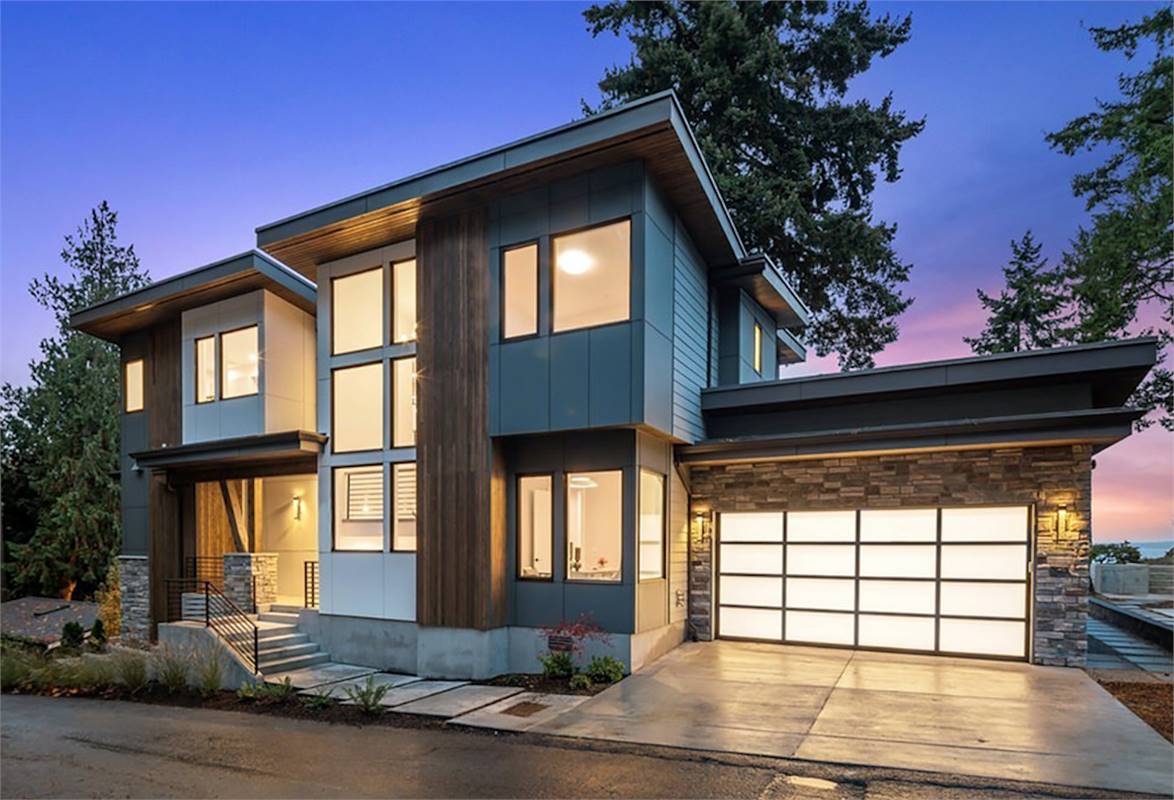
What is TI in Real Estate?

In business property, tenant improvement (TI) plays an important role in shaping leased spaces to satisfy renters' particular requirements. Whether it's a brand-new office for a technology business, a retail store, or an industrial facility, occupant enhancements permit companies to create an environment suited to their operations. The renter improvement allowance (TI allowance) is an essential consider lease settlements, impacting rental rates, lease terms, and the residential or commercial property's total worth.

Tenant enhancements, also called leasehold enhancements, describe modifications made to a leased residential or commercial property to accommodate a tenant's service requirements. These enhancements can vary from structural modifications to HVAC systems to electrical work, security systems, and more. Understanding the TI allowance, its financial ramifications, and finest practices for managing building costs is necessary for renters and residential or commercial property owners.
This article checks out occupant improvements, their significance in commercial real estate, and their effect on residential or commercial property value, rental area, and long-term investment returns.
- Tenant enhancement allowance (TI allowance) is a considerable consider lease negotiations and impacts rental rates and lease terms.
- Leasehold enhancements, including structural changes, electrical systems, and conference room, deal with an occupant's company requirements.
- Residential or commercial property owners use TI allowances to attract top quality renters and increase the residential or commercial property's worth.
- TI projects include difficult costs (e.g., construction products) and soft costs (e.g., legal costs, essential licenses, and renting commissions).
- Understanding renter enhancements' costs assists occupants and landlords manage spending plan expectations and prospective cost overruns.
- TI allowances differ based upon square video footage, place, and the competitive market characteristics of industrial residential or commercial properties.
Understanding Tenant Improvement Allowance (TI Allowance)
Tenant enhancement allowance (TI allowance) is the money a residential or commercial property owner provides to a renter to cover the cost of improvements to a rented area. This allowance is generally worked out as part of the business lease contract and is influenced by elements such as rental rate, lease period, and the tenant's credit reliability.
The overall dollar sum of the TI allowance differs based upon the type of business residential or commercial property and the extent of improvements required. Residential or commercial property owners often use a TI allowance as a reward to bring in potential renters, particularly in a competitive market. Sometimes, landlords may also supply totally free rent for a certain period to offset building costs.
The Role of Leasehold Improvements in Commercial Real Estate
Leasehold enhancements include different adjustments to a leased space to fulfill the renter's special needs. These improvements may consist of:
Structural changes: Modifications to walls, ceilings, and floorings.
HVAC systems: Upgrading heating, ventilation, and a/c.
Electrical systems: Installing new wiring, lighting, and power outlets.
Security systems: Adding monitoring cams, keycard gain access to, and alarm.
Meeting rooms: Constructing conference spaces or collective offices.
Wall coverings and surfaces: Enhancing visual appeals with brand-new paint, wallpaper, or paneling.
Leasehold enhancements enhance the performance and efficiency of a leased space, making sure that it aligns with the tenant's service needs. Residential or commercial property owners often buy these enhancements to maintain reputable tenants and preserve a high residential or commercial property worth.
Financial Considerations: Hard Costs vs. Soft Costs
TI projects include both tough expenses and soft expenses:
Hard expenses: These consist of physical building costs such as materials, labor, HVAC installation, plumbing, and electrical work.
Soft costs: These encompass legal fees, design consulting, needed permits, leasing commissions, and company guidance associated to lease arrangements.

Understanding these costs helps tenants and property managers manage the overall dollar sum of enhancements, preventing cost overruns and guaranteeing a well balanced budget.
The Impact of Tenant Improvements on Residential Or Commercial Property Value
Tenant enhancements contribute to the long-term worth of a commercial residential or commercial property. Well-designed TI jobs can:
- Attract high-quality renters ready to pay higher leas.
- Increase the residential or commercial property's cap rate, enhancing financial investment returns.
- Enhance the residential or commercial property's appeal to future occupants, minimizing vacancy rates.
- Support urban advancement efforts by updating rented residential or commercial properties.
Moreover, residential or commercial property owners typically structure TI allowances tactically, incorporating the cost into rental payments or using a credit line to finance enhancements.
Tax and Accounting Implications of TI Allowance
The expense of renter enhancements might have tax implications for both property owners and tenants. Depending upon the lease terms, enhancements might be classified as:
Gross income: If a tenant gets a TI allowance as a lump sum, it may be considered taxable.
Capital improvements: Some leasehold enhancements might receive depreciation deductions on balance sheets.
Government companies such as Fannie Mae, Freddie Mac, and the Department of Housing offer guidelines on how to treat renter improvements in property accounting.
Best Practices for Managing Tenant Improvements
To optimize the advantages of renter enhancements, renters and landlords ought to follow these best practices:
- Conduct comprehensive lease negotiations to secure favorable TI allowances.
- Define necessary terms in the lease arrangement to prevent disputes over the cost of improvements.
- Obtain necessary licenses to guarantee compliance with local structure guidelines.
- Work with experienced realty representatives to examine the fair market price of TI allowances.
- Consider company operations and brand name identity when designing rented spaces.
- Prepare for future tenants by carrying out versatile styles that accommodate different business requirements.
Technology's Role in Tenant Improvements
Expert system innovations are transforming TI tasks by allowing more exact budgeting, forecasting construction expenses, and automating lease settlements. AI-generated content, such as auto-generate responses to rent questions, helps streamline decision-making procedures for property managers and occupants alike.
Tenant Improvements and the Future of Commercial Real Estate
With the increase of brand-new commercial area advancements and increasing need for tailored workplace environments, tenant enhancements will continue to play a substantial function in the industrial genuine estate sector. Residential or commercial property owners who invest in premium improvements will stay competitive, drawing in organizations seeking fully equipped rental residential or commercial properties.
Privacy policies, terms of usage, and cookies on business realty sites also affect leasing decisions. A website run by a genuine estate company should use clear information on TI allowances, lease terms, and service requirements to boost the renter's experience.
Tenant enhancements are vital to industrial lease agreements, shaping the use, value, and marketability of rented residential or commercial properties. The renter enhancement allowance is a financial tool that benefits occupants and property managers by helping with essential adjustments to a rented space. From meeting organization requires to improving residential or commercial property worth, TI jobs play a vital function in the long-term success of industrial property financial investments.
Understanding the balance between construction costs, rental rates, and lease terms is necessary for making informed leasing decisions. By leveraging finest practices, incorporating innovative innovation, and focusing on tenant-specific requirements, residential or commercial property owners and occupants can ensure a great experience in rented business residential or commercial properties.








